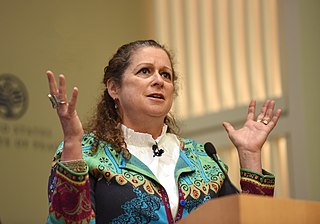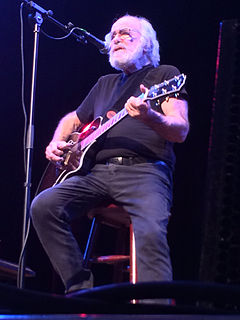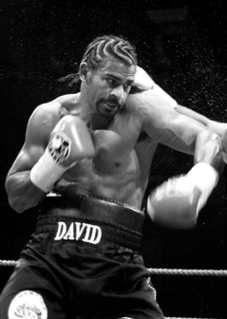A Quote by Dan Chaon
I think that the way that I write stories is by instinct. You have some basic ideas - a character, or an image, or a situation that sounds compelling - and then you just feel your way around until you find the edges of your story. It's like going into a dark room... you stumble around until you find the walls and then inch your way to the light switch.
Related Quotes
Perhaps I could best describe my experience of doing mathematics in terms of entering a dark mansion. You go into the first room and it's dark, completely dark. You stumble around, bumping into the furniture. Gradually, you learn where each piece of furniture is. And finally, after six months or so, you find the light switch and turn it on. Suddenly, it's all illuminated and you can see exactly where you were. Then you enter the next dark room.
One of my teachers once said that the way you know you're on the right path is that it works. Now, that doesn't mean you don't run into blocks and brick walls, but it does mean that you can find a way around them or find a way to change yourself or your project in order to find the flow again and have it work.
The best thing would be to break your neck, but you'd probably just break your leg and then you couldn't do a thing. You'd yell at the top of your lungs, but nobody;d hear you, and you couldn't expect anybody to find you, and you'd have centipedes and spiders crawling all over you, and the bones of the ones who died before are scattered all around you, and it's dark and soggy, and way overhead there's this tiny, tiny circle of light like a winter moon. You die there in this place, little by little, all by yourself.
Normally my process is to sit in a room and read a script and talk about it and ask questions and just create a dialogue. That goes all the way through shooting. All kinds of thoughts and ideas can find their way in there. As long as you're all on - We're just all trying to tell the story so my job as a director is just to find out what this film wants to be based on, it's just words on a page at some point but then it just needs to go to some level of believable storytelling. I'm discovering the film as I make it, to some degree.
If you understand something in only one way, then you don't really understand it at all. The secret of what anything means to us depends on how we've connected it to all other things we know. Well-connected representations let you turn ideas around in your mind, to envision things from many perspectives until you find one that works for you. And that's what we mean by thinking!
If you are recording, you are recording. I don't believe there is such a thing as a demo or a temporary vocal. The drama around even sitting in the car and singing into a tape recorder that's as big as your hand - waiting until it's very quiet, doing your thing, and then playing it back and hoping you like it - is the same basic anatomy as when you're in the recording studio, really. Sometimes it's better that way because some of the pressure is off and you can pretend it's throwaway.
One lesson I learned the hard way, early in my career, was that if I tried to write to be smart or to convey a theme or from some existing plan, the result was usually pretty boring. My intuitive move, whenever I'm considering writing something, is to steer towards what feels enjoyable. Another way of saying it is, you just try to avoid the "sucky." If you start to think of a story and a way to tell it, and your reaction is kind of like, Ugh, that's going to be hard, then you don't want to do that.




































